
A recent study showed that the 2021 European guidelines for chronic inflammatory demyelinating polyradiculoneuropathy provided a clearer definition of variants for the disease.

A recent study showed that the 2021 European guidelines for chronic inflammatory demyelinating polyradiculoneuropathy provided a clearer definition of variants for the disease.
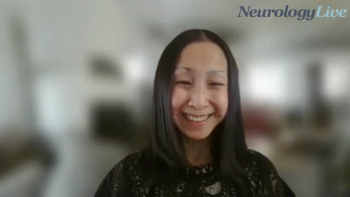
One of the members of the American Academy of Sleep Medicine Public Safety Committee talked about the adverse events of daylight savings among both the clinical and patient community. [WATCH TIME: 5 minutes]
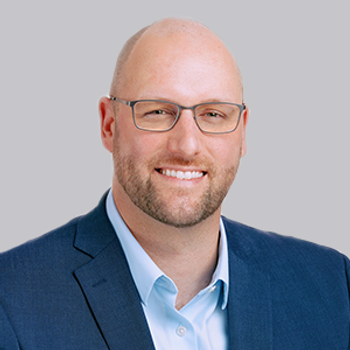
ATH-1105 protected various cell culture systems from glutamate-mediated toxicity and its pathological alterations, which include mitochondrial dysfunction, apoptotic signaling, and TDP-43 mis-localization, among others.
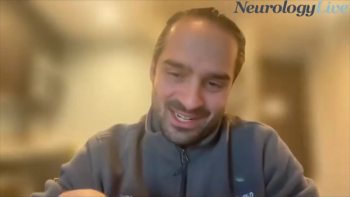
The neurointerventional radiologist at NYU Langone provided clarity on the individualized treatment options for cervical artery dissection following a scientific statement paper from the American Heart Association. [WATCH TIME: 7 minutes]

The antisense oligonucleotide will continue to be assessed in a large-scale phase 3 study, CARDIO-TTRansform, which will have data read out in 2025.

In a recent study, a new blood test displayed remarkable accuracy in detecting Alzheimer disease pathology, showing its potential as an essential screening tool.
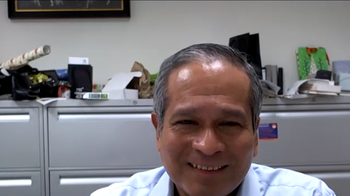
The director of the Comprehensive Epilepsy Center—Sleep Center at NYU Langone provided perspective on the overlap in characteristics of sleep disorders and the necessary approach to ensuring accurate diagnosis and initial treatment. [WATCH TIME: 5 minutes]
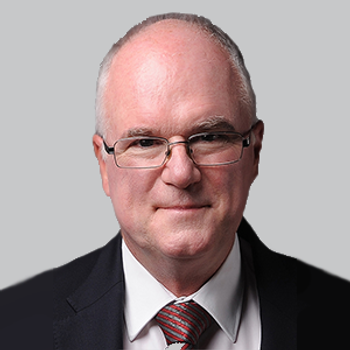
The primary result showed a highly significant effect of edaravone dexborneol on good functional outcome, defined by scores of 0 (no symptoms) or 1 (some symptoms) on the standard modified Rankin scale assessed at 90 days postrandomization.
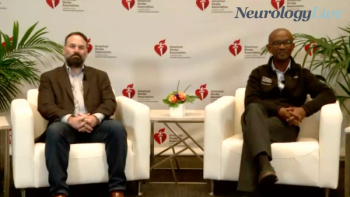
The professor of emergency medicine at Washington University in St. Louis and associate professor of neurosurgery at UTHealth Houston talked about results from the phase 3 MOST trial assessing argatroban and eptifibatide in acute ischemic stroke. [WATCH TIME: 3 minutes]

Here's some of what is coming soon to NeurologyLive® this week.

Repetitive transcranial magnetic stimulation, a more widely used symptomatic treatment, was able to improve several outcomes for patients with cerebellar ataxia, especially at high frequencies.
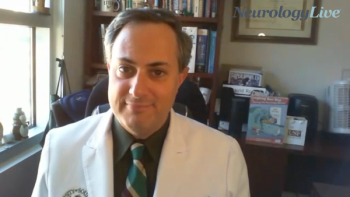
The professor of neurology at University of South Florida talked about the cost-effectiveness of insertable cardiac monitors to detect new atrial fibrillation in patients with large-artery or small-vessel disease stroke. [WATCH TIME: 4 minutes]

Test your neurology knowledge with NeurologyLive®'s weekly quiz series, featuring questions on a variety of clinical and historical neurology topics. This week's topic is sleep disorders and hypersomnias.

PepGen has begun its phase 2 CONNECT1-EDO51 trial, dosing the first patient with PGN-EDO51, an agent for Duchenne muscular dystrophy amendable to an exon 51 skipping.
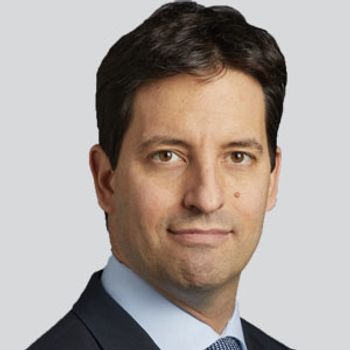
The study suggests a potential link between poor oral health and changes in brain health, emphasizing the importance of oral care.
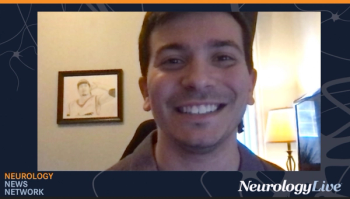
Neurology News Network for the week ending February 24, 2024. [WATCH TIME: 3 minutes]

Take 5 minutes to catch up on NeurologyLive®'s highlights from the week ending February 23, 2024.
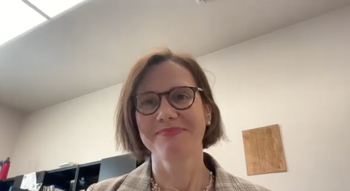
The professor in the Department of Translational Neuroscience at Barrow Neurological Institute provided perspective on the approval of tofersen (Qalsody; Biogen) for patients with ALS and the ways neurofilament light will be used going forward. [WATCH TIME: 3 minutes]

A recent phase 3 trial demonstrated that N-acetyl-l-leucine significantly improved symptoms in patients with Niemann-Pick disease type C, showing promise as a potential treatment.
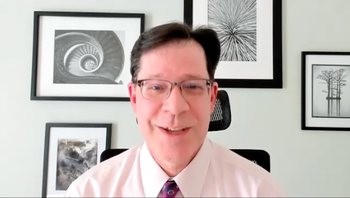
The executive director of the Lead (Leaders Engaged on Alzheimer’s Disease) Coalition provided thoughts on the journey and lessons learned from aducanumab (Aduhelm) following Biogen’s decision to remove it from market. [WATCH TIME: 8 minutes]

Mind Moments®, a podcast from NeurologyLive®, brings you an interview with Stephen From. [LISTEN TIME: 22 minutes]
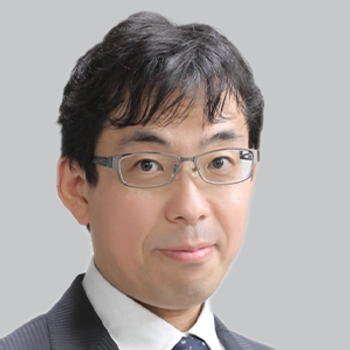
A recent observational study detected anti-DLAT antibodies in the serum of patients with chronic inflammatory demyelinating polyneuropathy with a sensory-dominant phenotype.

in the study, no association was found between severity of obstructive sleep apnea according to apnea-hypopnea index and functional independence at 3 months following stroke.
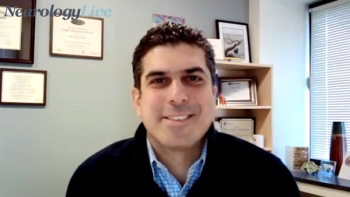
The associate professor of neurology at Brown University talked about findings from an observational study investigating treatment options antiplatelets and anticoagulation for cervical artery dissection. [WATCH TIME: 8 minutes]
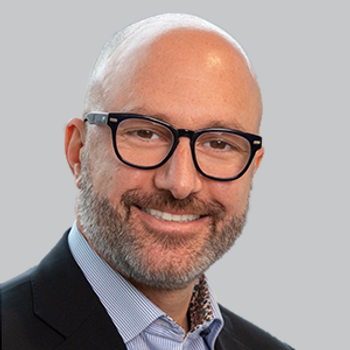
After a positive phase 1 study, DNL788, an RIPK1 inhibitor, failed to distinguish itself from placebo in HIMALAYA.
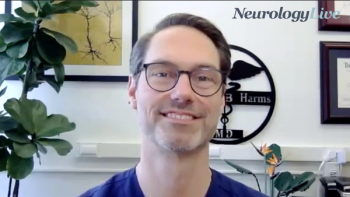
The associate professor of neurology at Columbia University talked about a track session that he will be chairing at the upcoming MDA conference on amyotrophic lateral sclerosis genetic research. [WATCH TIME: 5 minutes]
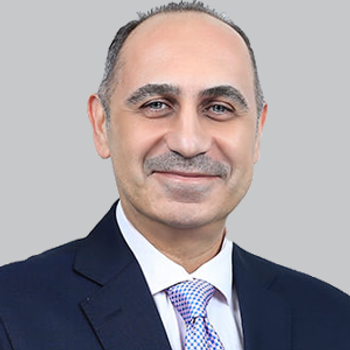
In a cohort of nearly 250 patients with chronic or episodic migraine, less than 2% of patients experienced adverse events while on combination treatment.
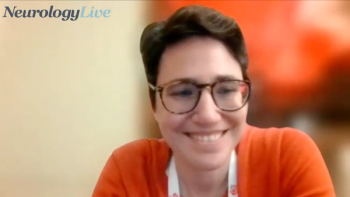
The medical director of the Stroke Center at Weill Cornell Medicine talked about results from a recent study on the risk of stroke in patients on assisted reproductive technologies during delivery hospitalization. [WATCH TIME: 4 minutes]

The professor in the Department of Translational Neuroscience at Barrow Neurological Institute discussed several topics related to ALS research and the emerging biomarkers in recent years ahead of the 2024 MDA Clinical and Scientific Conference.

A recent review of studies indicated that intravenous immunoglobulin could be as effective as other treatments in improving disability for patients with chronic inflammatory demyelinating polyradiculoneuropathy.